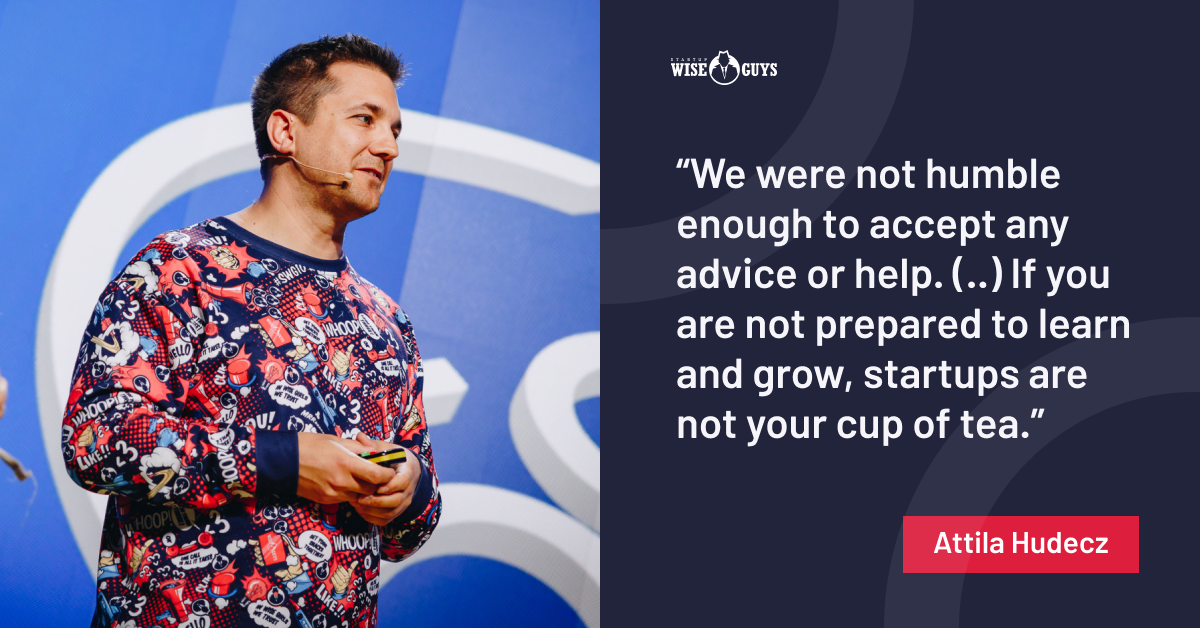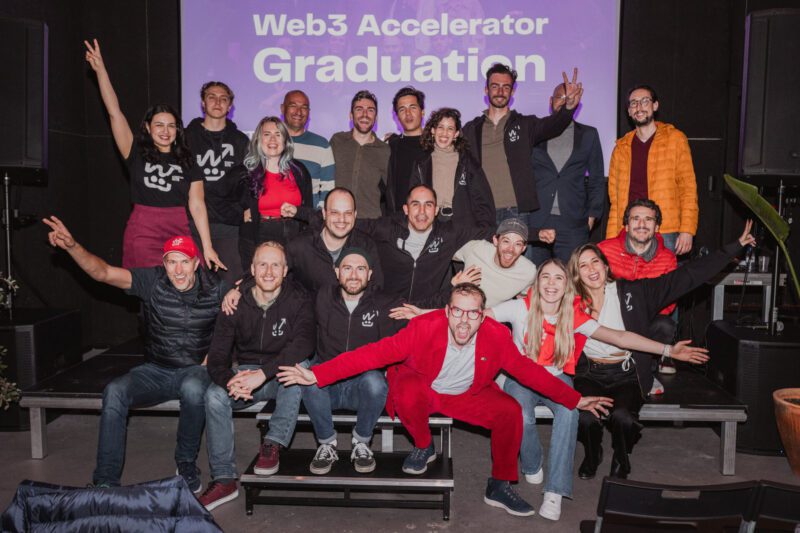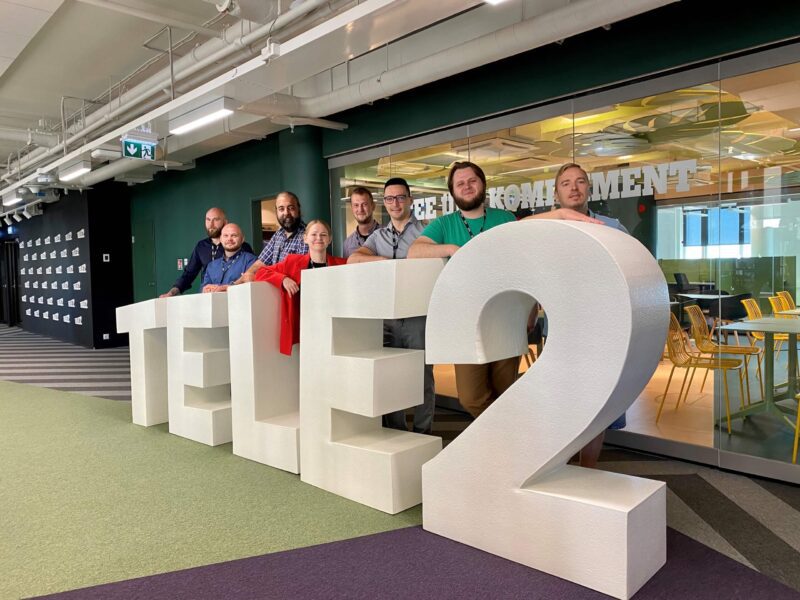A Series of Failed Ventures and Lessons for Beginners in Startups: Part II

Although this second part of my startup journey unveils the key things you should know as a startup founder, I’d like to entice you to first go through Part I and follow my story from day one. Because, unfortunately, for most of us, skipping steps is not an option, it simply means drastic mistakes even when you know the absolute truth about entrepreneurship.
If you’ve already gone through Part I and know about the first two most crucial lessons for startup founders, just continue reading this post.
“How ego can ruin your startup success” Lesson 3
I went into my third startup with slightly more experience, prompting me to believe I knew everything there was about business. Blindfolded by confidence, I undertook a venture I believe would have succeeded had we known how to run a business. My colleagues and I created a database for amateur athlete teams to keep track of scores and other data. In other words, a Facebook for amateur sports teams. Hungarian athletes did not have access to tools that efficiently organized their necessary data, so the idea was more than appealing. A large-scale telecom company was sponsoring an event for youth football players and had no engine to capture results, rendering our engine essential and granting us 10,000 euros. This undertaking had the potential to be great, but lack of experience and too much confidence put an abrupt end to our ambitions. We were not humble enough to accept any advice or help, which brings me to the third critical message: openness to constructive criticism and professional feedback, the quality my fellow mentors and I call coachability. If you are not prepared to learn and grow, startups are not your cup of tea.
The first metric I look for in founders is this exact feature — coachability, something that took a while to achieve in my case. Because I wasn’t open to any help, I had to learn the ins and outs of startups the hard way. I attended a startup festival in Bucharest where experts in the field mentored beginner founders about their business affairs. Of course, I didn’t take any of their advice seriously. My ego prevented me from accepting proper guidance, which is not surprising. Most Hungarians (including my father and myself), are terribly proud of their pawky minds and ability to circumvent the rules to their advantage – we can see a wonderful reflection of this in today’s Hungary as well. In any case, by the end of my first year of college, I had learned to be humble — I had never had a problem studying until then, I wasn’t familiar with the word failure (and I obviously looked down on anyone slightly slower than me), but since the last two weeks of August spent on an extra accounting course with 30 other peers instead of partying, I had time to think in the evenings about how exceptional a person I am.
Don’t hesitate for a second to ask for help – you need it!
However, I realized after my third startup that I should seek professional help in order to improve my outlook on the world of business. I attended psychotherapy, which is not the essential formula to follow, but which certainly worked in my experience. I shifted my perspective on the ‘normal’ in my daily life, which excluded constant unhappiness. Working through my past experiences, I realized feeling bad, or the ‘normal’ most of us are so accustomed to, should not be normal. I’ve grown and learned to approach any undertaking with an open mind. I opened myself to new somewhat unfamiliar and more adventurous experiences in order to reshape my tedious dull routine. One must define what happiness and success look like to them in order to feel truly happy and accomplished in what they do.
Psychotherapy gave me the final push toward taking the leap into business. I had grown personally from all my experiences and was slightly better acquainted with entrepreneurship. I had finally secured enough money with years at my corporate job, allowing me to quit and fall into the exhilarating sequence of ventures that shape my continuous skydive through entrepreneurship.
“Know nothing, experience everything” Lesson 4
I delved into my fourth startup through independent research on wish farming and plant cultivation. The idea for this was to convert shipping containers into plant factories in the most inexpensive way. However, my fellow co-founder and I had no knowledge of the complexities of manufacturing, or generic expertise in business, and so the concept of the venture changed constantly until we had to close the company. Although we had done extensive research and were well educated on farming, we had no practical experience to bring our vision to life.
The most useful skill I acquired in the process is learning to accept that I know nothing. This is another key tactic to take away, as in accepting ignorance, you are open to the most straightforward method of learning something new – learning through experience, rather than by the book. The Startup Wise Guys program reinstated this belief within me. I had revelations every single day there (though I had already been doing business for 4 years), convincing me that there is much to learn about business, which can work out with the proper training and assistance, and though there are exceptions, typically the simplest and fastest way to learn it is through the uncontrollable skydive through business with confidence as the parachute. The failures you have and the mistakes you make along the way are your best mentors, teaching you the multitude of crucial lessons of entrepreneurship. This multitude of lessons cannot be summed up into one piece of advice or even a few hundred page book. Expertise in this field is a mix of life lessons picked up in the exciting leap to the adventurous heights of business. You don’t learn it, you experience it.
About the author:

Attila Hudecz is a serial entrepreneur focusing on projects in start-up acceleration, sustainability, and innovation management. He has worked in the startup industry for the last 10 years, two times as founder and CEO, most recently in the best European accelerator, Startup Wise Guys. As the Managing Director of the Sustainability Batch Copenhagen at Startup Wise Guys, he is responsible for selecting the startups for the batch, and mentoring and coaching them.


